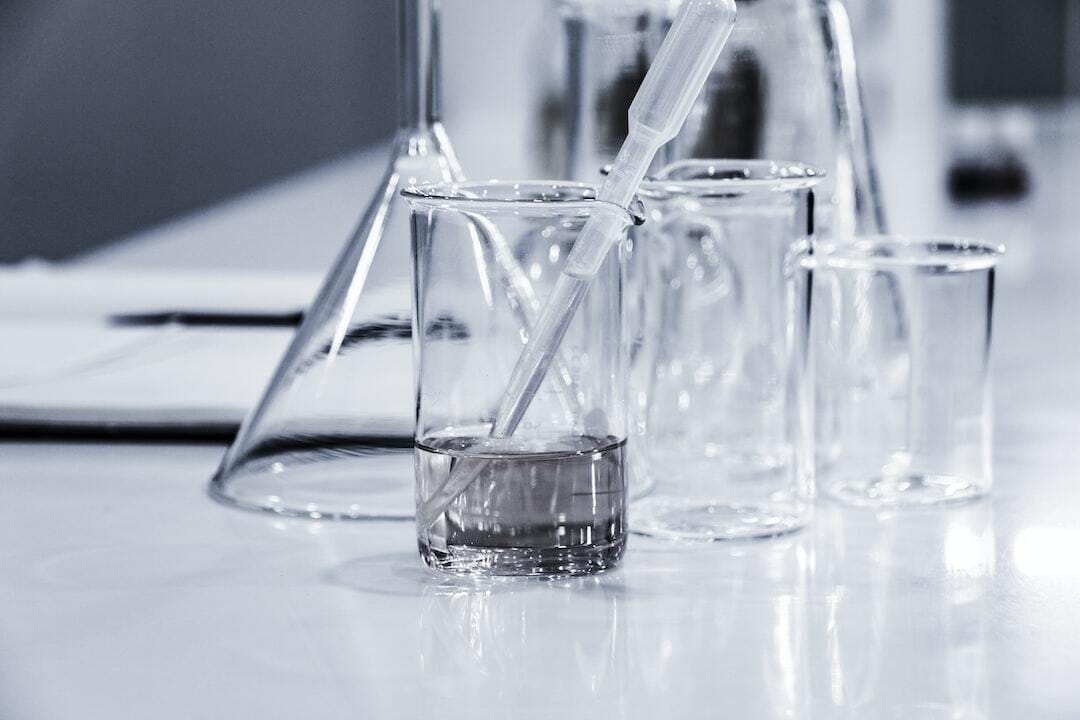
pH7 Technologies, a Burnaby-based cleantech startup, announced a USD $16 million Series A co-led by Vancouver firm Pangaea Ventures alongside Japanese corporate investor TDK Ventures. The company has designed closed-loop recycling processes for the extraction of metals, such as those used in hydrogen fuel cells.
“pH7 really represents a significant shift in how we can think about metal extraction for critical metals supporting the energy transition,” said Sarah Applebaum, partner at Pangaea Ventures. “It's really important that we boost recycled content of metals. There's no reason why metals can't be infinitely recycled. And [pH7’s] process provides a really unique value proposition to drive down the embodied carbon over the lifetime of these metals.”
Current methods of recycling metals take place through smelting — an extraction process that releases toxic air pollutants and greenhouse gas emissions. pH7’s technology relies on solvometallurgy, a branch of science that allows for extraction of metals from ores using minimal volumes of water. “Our approach is to eliminate the smelters and enable the industry by [using] a new technology that could extract recycled metals in a safe, green, and environmentally friendly process, [which] is economically viable as well,” said CEO and founder Mohammad Doostmohammadi.
The company’s first focus was in platinum-group metals, such as platinum and rhodium, which are essential to the manufacturing and operations of hydrogen fuel cells. Currently, 70 percent of these metals are sourced from mining with the remaining 30 percent from recycling, said Doostmohammadi. “We want to increase that 30 percent to virtually 50 percent with our technology to enable the circular economy.”
“Our goal is to not only [to] extract these metals in a sustainable manner, but [to] extract these metals from resources that are going to the landfill right now,” he added. “Right now, end-of-life materials that cannot be processed through the current [recycling] methodologies can be processed through pH7’s closed-loop process.”
The round is a product of the Vancouver tech community, with support from provincial and federal governments through funds such as Innovate BC and IRAP. Doostmohammadi, who holds a bachelor's in mining engineering and a master’s of applied science in chemical engineering, received his MBA from SFU. He also expressed gratitude for the university’s chemistry department for supporting the development of the technology.
Doostmohammadi met Pangaea Ventures through UBC’s Creative Destruction Lab (CDL). Pangaea was a mentor in CDL’s climate stream, in which pH7 was a participant. Pangaea would then go on to contribute USD $4 million to the Series A as co-lead, marking the first investment out of its recent Pangaea Ventures Impact Fund. “I was just really impressed with Mohammad and how much he'd been able to accomplish in such a short period of time,” Applebaum said. “It really put the company on our radar and [we] continue[d] to follow their progress post-CDL.”
The series A funding will support commercialization of pH7’s platinum-group metals extraction technology, with aims to do so by the end of 2023. That timeline will see it become the first to market the technology. pH7’s next immediate focus is on copper extraction technology, which can be recycled from electronic waste such as circuit boards and cellphones. Doostmohammadi aims to commercialize that process by the end of 2024, but anticipates challenges ahead. “We're definitely going to have supply-chain issues that everyone is facing.”
The company also has longer-term goals to develop technology for recycling tin, gold, silver, and other metals in a global capacity, said Doostmohammadi. “We're going to build these centralized plants around the world that could disrupt the way we extract and recycle platinum-group metals from different types of resources, from spent catalysts – oil and gas refinery catalysts – to hydrogen membranes and fuel cells.”
Editor’s note: This article was revised to update Doostmohammadi’s last name, educational background, and the role of Innovate BC’s Fast Pilot program.
Hey, it’s Allison here. This story was possible in large thanks to our community of paid members. If you found this article valuable, consider supporting my work through a paid annual membership — and for a limited time, you can get a discount on it below:
